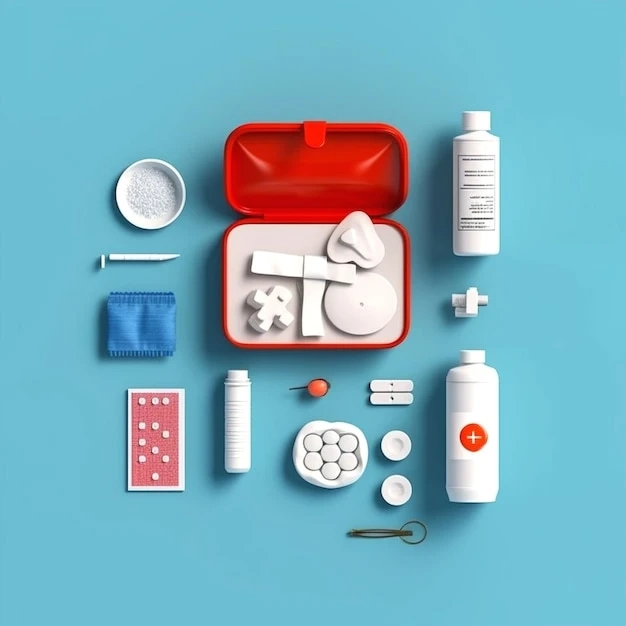Wounds are a common occurrence in our lives, whether they're from minor cuts and scrapes or more serious injuries. Proper wound care is essential for preventing infection, promoting healing, and minimizing scarring. In this guide, we'll delve into the world of wound care products and supplies, exploring everything from basic essentials to advanced treatments.
Understanding Wound Care: Before we dive into specific products, let's discuss the basics of wound care. The primary goals of wound management are to cleanse the wound, prevent infection, promote healing, and minimize scarring. Depending on the type and severity of the wound, different products and techniques may be required.
Basic Wound Care Supplies:
Antiseptic Cleansers: These include solutions like hydrogen peroxide, iodine, or saline, used to clean the wound and reduce the risk of infection.Sterile Dressings: Gauze pads, adhesive bandages, and non-adherent dressings are essential for covering wounds and absorbing excess moisture.Adhesive Tape: Used to secure dressings in place, adhesive tape should be gentle on the skin but strong enough to hold the dressing securely.Antibiotic Ointments: These topical treatments help prevent infection and promote healing. Common options include Bacitracin and Neosporin.Advanced Wound Care Products:
Hydrogel Dressings: These dressings provide moisture to the wound, promoting a moist wound environment conducive to healing. They're particularly useful for dry or necrotic wounds.Foam Dressings: Designed to absorb excess exudate (fluid) from the wound while maintaining a moist environment, foam dressings are ideal for moderately to heavily exuding wounds.Alginate Dressings: Made from seaweed-derived fibers, alginate dressings are highly absorbent and can be used for heavily exuding wounds or those with tunneling or undermining.Transparent Films: These thin, adhesive films provide a barrier against bacteria while allowing for visualization of the wound. They're often used on superficial wounds or as a secondary dressing.Negative Pressure Wound Therapy (NPWT) Systems: NPWT involves applying negative pressure to the wound bed, promoting healing by removing excess fluid, reducing edema, and increasing blood flow.Specialized Wound Care Products:
Silver Dressings: Silver has antimicrobial properties, making silver dressings effective for preventing and treating infections in wounds.Collagen Dressings: Collagen dressings provide a scaffold for new tissue growth and help promote granulation and epithelialization.Honey-Based Dressings: Honey has natural antibacterial properties and can promote wound healing. Honey-based dressings are particularly useful for infected or difficult-to-heal wounds.Biological Skin Substitutes: These advanced products consist of bioengineered or donor-derived tissues and can be used to promote wound healing in complex or chronic wounds.Choosing the Right Products: When selecting wound care products, it's essential to consider the type and severity of the wound, the amount of exudate, the presence of infection, and the patient's skin sensitivity and allergies. Consulting with a healthcare professional is advisable for proper wound assessment and product recommendations.
Conclusion: Effective wound care is crucial for ensuring optimal healing and minimizing complications. By understanding the various wound care products and supplies available, you can provide proper treatment for yourself or your loved ones. Remember to always follow healthcare provider recommendations and seek professional advice for complex or severe wounds. With the right products and techniques, you can promote healing and restore skin health.



